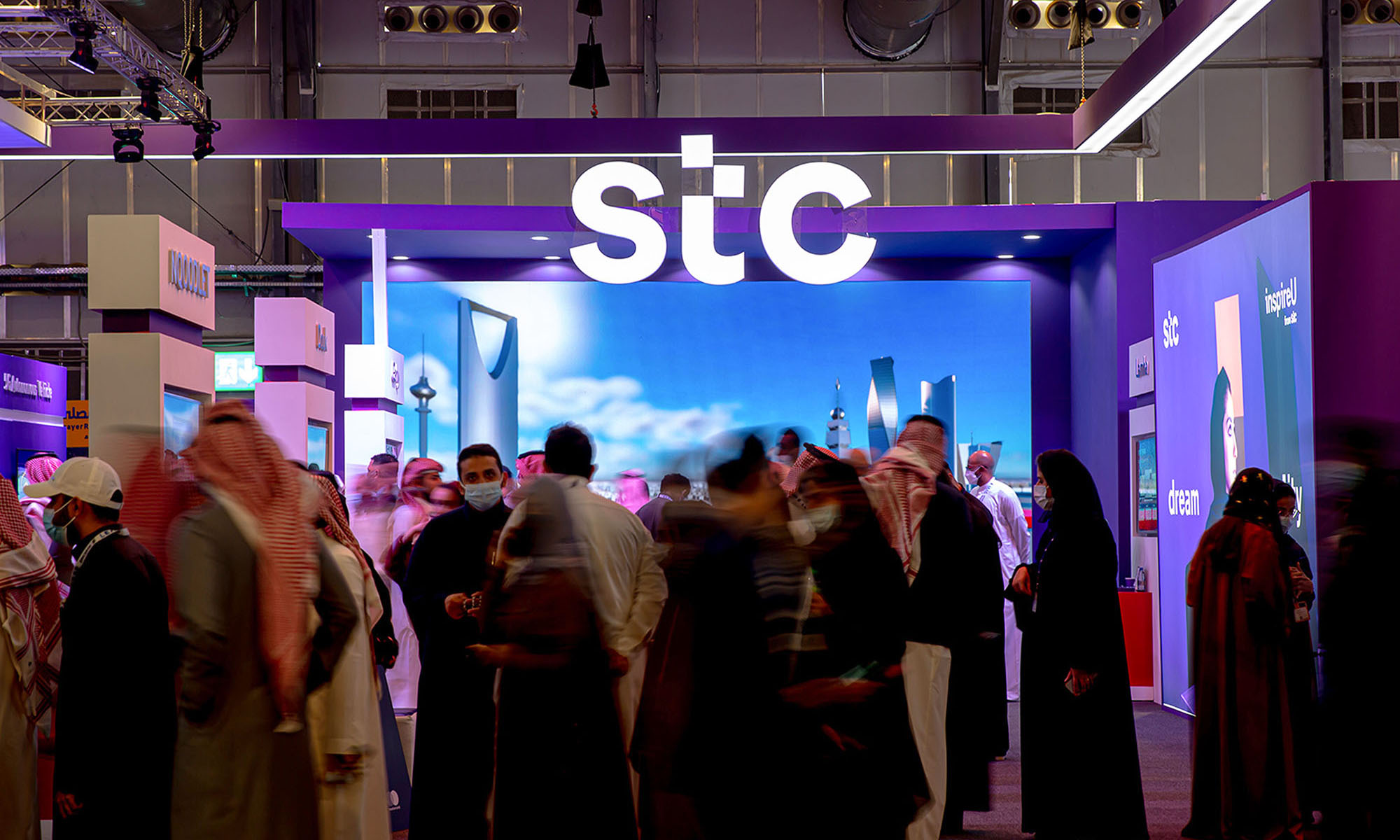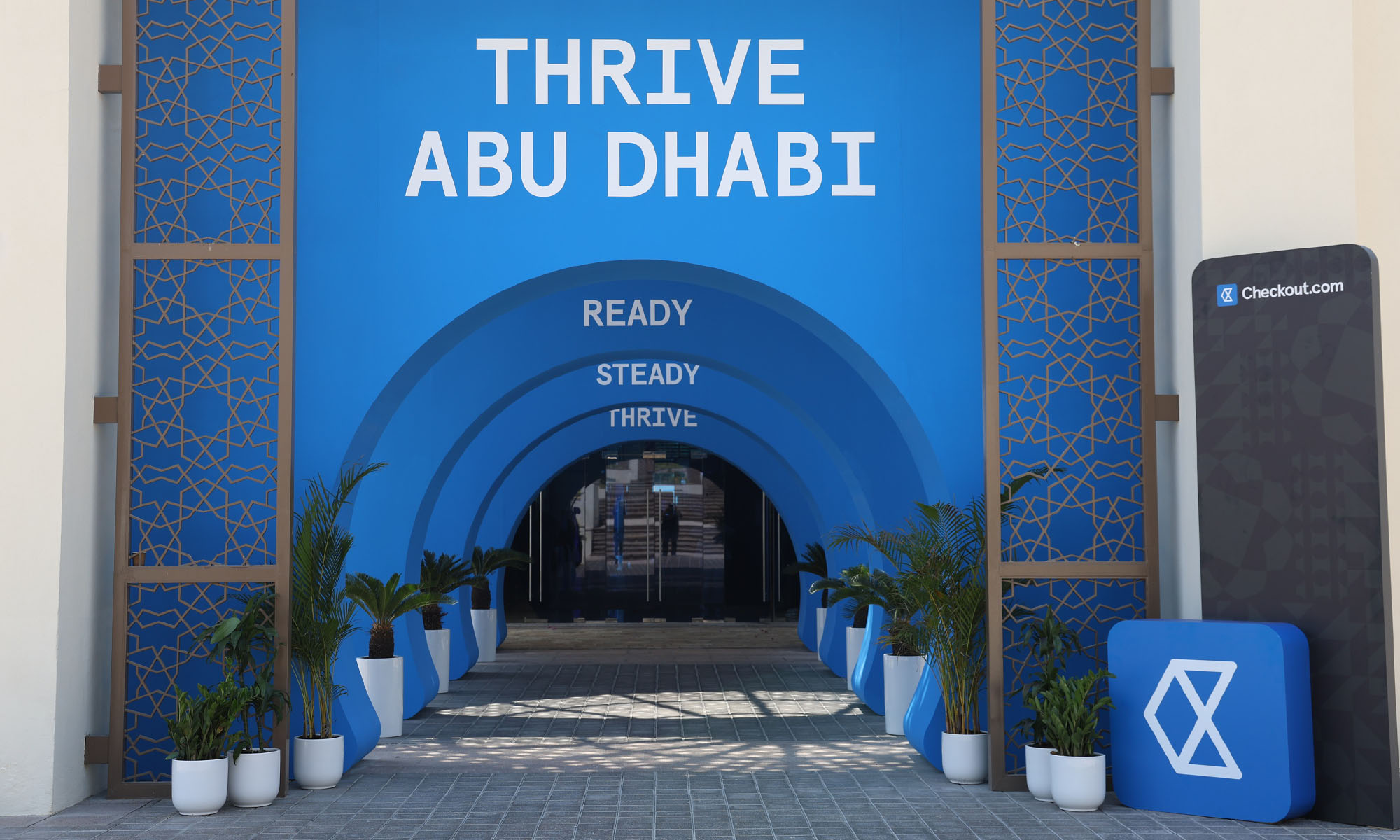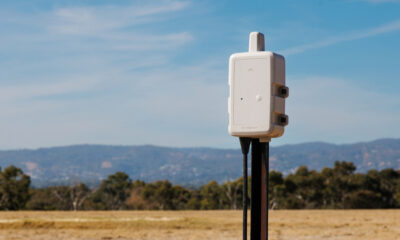News
New Merger Creates Middle East’s Biggest Telecom Company
Saudi Arabia’s PIF and stc Group have combined resources, in a move that will significantly boost network coverage and customer experience.

Saudi Arabian wealth fund PIF has agreed to purchase a 51% stake in Tawal, the country’s biggest telecommunications infrastructure company, with an enterprise value of $5.85 billion. The stake was formerly owned by the Saudi Telecommunications Company (stc Group).
PIF and stc Group will now merge Tawal and Golden Lattice Investment Company (GLIC) into a new entity, forming the “largest regional company in the telecommunication infrastructure sector” with over 30,000 mobile tower sites and annual revenues surpassing $1.3 billion.
The new company will be owned 54% by PIF and 43.1% by stc Group, with GLIC minority shareholders owning the rest of the issued share capital.
Raid Ismail, Head of MENA Direct Investments at PIF said: “Today’s announcement is a significant milestone for the telecommunications industry in Saudi Arabia and the wider region. By bringing together the assets of GLIC and TAWAL, we will establish a consolidated platform on which the telecommunications sector can flourish and give people a better experience to best connect communities and businesses. It is also in line with PIF’s strategy and the Saudi Vision 2030”.
Also Read: Microsoft Invests $1.5 Billion In Abu Dhabi AI Tech Firm G42
Combining Tawal and GLIC is seen as a positive stepping-stone to consolidating Saudi Arabia’s tower market and increasing operating efficiencies and excellence to deliver a better experience for customers.
Once operational, network coverage should see a welcome boost, while general connectivity and internet speeds will also be improved.
The merger follows Tawal’s purchase of infrastructure in Bulgaria, Croatia, and Slovenia, making this “Saudi national champion” the region’s biggest independent tower company.
News
Checkout.com Set To Launch Card Issuing In The UAE
The payment service provider’s expansion is a first-of-its-kind investment and could reshape digital transactions across the region.

Checkout.com is laying the groundwork to become the first global payments platform to introduce card issuing in the United Arab Emirates — a move that could reshape how businesses in the region manage financial transactions.
The company plans to roll out its domestic card issuance offering in the UAE by 2026, subject to regulatory approval. The launch would give businesses the tools to issue both physical and virtual branded cards. This, in turn, opens up new ways to reward customers, streamline expense processes, and handle B2B payouts efficiently.
Checkout.com’s CEO and Founder, Guillaume Pousaz, revealed the plans during Thrive Abu Dhabi, the firm’s debut conference in the Emirates. Joined on stage by Remo Giovanni Abbondandolo, General Manager for MENA, Pousaz presented to an audience of over 150 partners and merchants at Saadiyat Island. Also in attendance was H.E. Omar Sultan Al Olama, the UAE’s Minister of State for Artificial Intelligence, Digital Economy, and Remote Work Applications.

Abbondandolo highlighted the strategic importance of the announcement: “As a global business, we focus on bringing products to markets that our customers want and need. Today’s announcement is proof of our commitment to the MENA region and its rising influence in the digital economy. The appetite for innovation here is real, and we’re proud to be building the infrastructure that powers it”.
One early adopter of Checkout.com’s UAE acquiring services is Headout, a travel experiences marketplace, which recently named the payment provider as its main partner in Europe. The company has already begun card issuing there and is keen to expand that offering into MENA once approval is granted.
The expansion of services in the UAE and beyond builds on Checkout.com’s track record in the region. It was the first global payments firm to secure a Retail Payment Services license from the UAE’s Central Bank and was instrumental in rolling out Mada and Apple Pay in both the UAE and Saudi Arabia.
Also Read: Protecting Your WhatsApp Account From Hackers: Kaspersky Expert Tips
The firm has also been rolling out new products: One of the latest is Flow Remember Me, currently in beta testing. It allows shoppers to store their card information once and access it across Checkout.com’s entire network, potentially cutting checkout times by up to 70%.
Earlier this year, Checkout.com also introduced Visa Direct’s Push-to-Card solution in the UAE, enabling both domestic and international payouts. Its collaboration with Mastercard has grown as well, making it easier for businesses to send funds directly to third-party cards securely and quickly.
With regional tech ambitions on the rise — spurred by initiatives like Saudi Arabia’s Vision 2030 and the UAE’s 2031 Agenda — Checkout.com sees its role as one of a key enabler. “Our mission is to help ambitious businesses navigate the complexity of payments, so they can move faster, go further, and make the most of every opportunity,” said Abbondandolo. “In MENA, performance is personal. It’s local. It’s built on trust. And when payments perform, businesses thrive”.
























